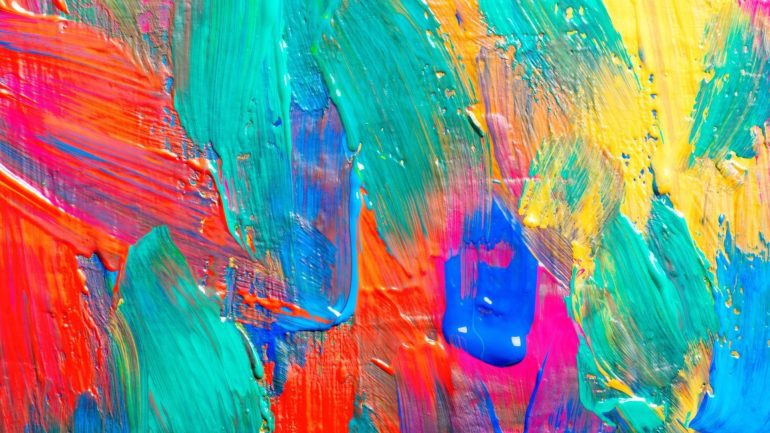- Illinois Senate approves HB4875, allowing artists to sue over AI replication of their work.
- State Rep. Jennifer Gong-Gershowitz emphasizes the bill’s importance in providing restitution for artists.
- Digital Voice and Likeness Protection Act also passed, mandating artist representation and restricting AI substitution.
- Both bills head to Illinois House for concurrence vote after Senate amendments.
Main AI News:
The Illinois Senate has given the green light to a significant legislative move aimed at safeguarding artists’ rights in the digital age. With the passage of HB4875 on Friday, artists are now empowered to take legal action against entities that utilize artificial intelligence to replicate their creations without proper consent. This landmark bill, championed by State Rep. Jennifer Gong-Gershowitz (D-Glenview), marks a pivotal step in protecting the intellectual property of creative professionals.
In a statement released on Friday, Gong-Gershowitz emphasized the importance of providing avenues for restitution to artists whose work is exploited for profit without authorization. “Recording artists and musicians face numerous challenges, particularly when establishing their careers,” she stated. “HB4875 offers a means for artists to seek recourse when their artistic identity is exploited through AI-driven means.”
Additionally, the Senate has also endorsed the Digital Voice and Likeness Protection Act earlier in the week, a move spearheaded by State Sen. Mary Edly-Allen (D-Libertyville). This act mandates that artists be represented during negotiations and imposes restrictions on contractors from substituting human artists with AI-generated content. Edly-Allen emphasized the necessity of establishing safeguards to protect the interests of artists and the public amidst the rise of AI technology.
“While acknowledging the potential benefits of AI, it’s imperative to implement measures that ensure the integrity of artistic expression and safeguard against exploitation,” remarked Edly-Allen in the official statement.
Both bills will now proceed to the Illinois House for a concurrence vote, following amendments made during the Senate’s deliberations. This legislative initiative underscores the state’s commitment to fostering a conducive environment for artistic innovation while upholding the rights and dignity of creators in the digital era.
Conclusion:
The passage of legislation in Illinois marks a significant step in protecting artists’ rights amidst the proliferation of AI technology. With measures in place to prevent unauthorized replication and ensure artist representation, the market can anticipate a more equitable landscape for creative professionals, fostering innovation while safeguarding intellectual property.

